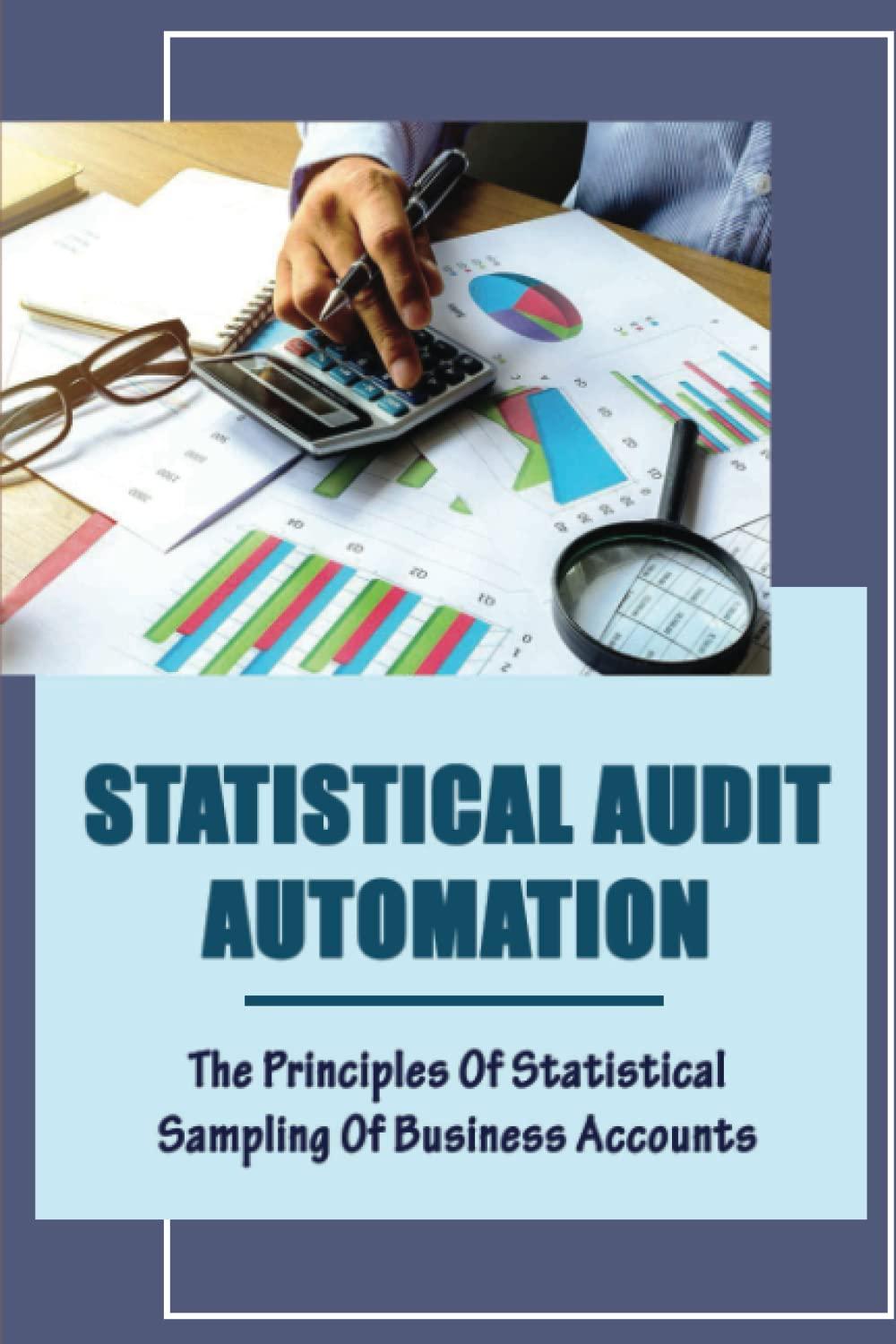Answered step by step
Verified Expert Solution
Question
1 Approved Answer
Happy Wholesalers had recently resigned and left before they had time to replace her. While the bookkeeper managed to continue with all the necessary record
Happy Wholesalers had recently resigned and left before they had time to replace her. While the bookkeeper managed to continue with all the necessary record keeping, it was now year end and Tom Smith owner and managing director realised he had to do something fast! Knowing that you had recently completed an excellent accounting and finance course at WBS he arranged to meet with you and asked if you would help. The bookkeeper had compiled the following operating summary for the year ended st December : Sales R Selling Expenses of Sales Depreciation R Cost of Sales of Sales General & Admin Expenses In addition you were told that no interest had been paid during the year as you had gone into overdraft for the first time just before the Balance Sheet date. Half of all Earnings after Tax were to be paid out as a dividend and the prevailing corporate tax rate was The following balances were also extracted from the accounts as at the close of trading on st December : Debtors R Ordinary Share Capital Cash on Hand R Bank Overdraft R Stock R Creditors R Financial management Justin SpencerYoung At the beginning of the balance on the retained income account was R and Net Book Value of Fixed Assets stood at R There had been not purchase of additional Fixed Assets during the year. Tom and his management team had identified new markets and predicted exciting growth for However, their suppliers were tightening up on their settlement terms and debtors were taking longer and longer to pay. Thus they suspected they would need more permanent funding than the overdraft and had negotiated a LT loan of up to R Estimates for the year ahead were: Sales Up by General & admin Expenses R Interest Paid R Cost of Sales of Sales Selling Expenses of Sales Depreciation R The corporate taxation rate had remained the same and in an effort to reduce required borrowings, Smith had agreed to take no dividend in They predicted the following for Balance Sheet accounts at st December : No additional share capital was to be raised Cash requirements would grow to R by year end Creditors were expected to come down toR Stock levels would need to increase to R to support the increased trade volumes No Fixed Assets would be bought or sold during the year Debtors would increase in direct proportion to Sales The overdraft facility was to be cancelled all necessary funding to be obtained from the LT Loan The required borrowings would be determined by the balancing figure in the projected Balance Sheet Financial management Justin SpencerYoung Tom Smith wished to hire you as a consultant and asked you to prepare the following for him, while he continued his search for a new accountant a An Income Statement for the year ended st December b The Balance Sheet as at st December c A full set of proforma financial statements Income Statement, Balance Sheet & Cash Flow Statement for the year ahead. Grid provided for Cash Flow Statement d Calculate all the ratios in the attached grid. e Comment on the ratios and the performance of the business. Tell the story of the business as best that you can determine from the numbers. This commentary should not be longer than pages
Step by Step Solution
There are 3 Steps involved in it
Step: 1

Get Instant Access to Expert-Tailored Solutions
See step-by-step solutions with expert insights and AI powered tools for academic success
Step: 2

Step: 3

Ace Your Homework with AI
Get the answers you need in no time with our AI-driven, step-by-step assistance
Get Started


